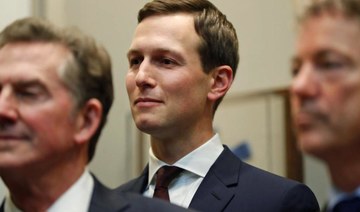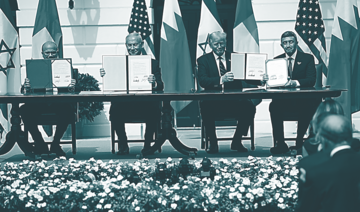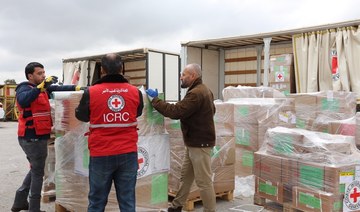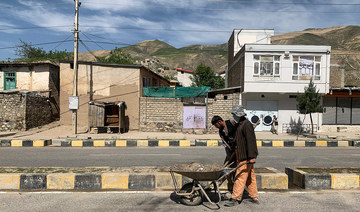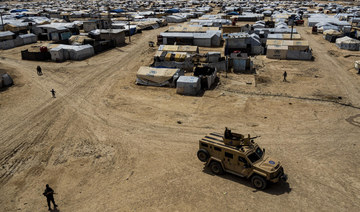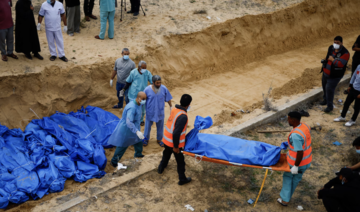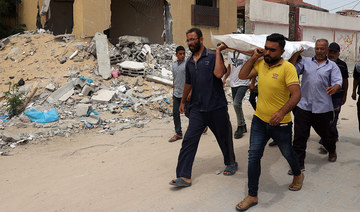MIAMI: The US-brokered Abraham Accords signed in 2020 between Israel and several Arab neighbors under then-president Donald Trump have shown that there is “no such thing as permanent enemies,” Jared Kushner said on Friday.
Speaking at the FII Priority conference in Miami, the former senior Trump adviser said the peace deals were hugely important for the stability of the Middle East.
He also said they marked a return to close ties and coexistence between Christians, Muslims and Jews in the region before the Second World War, adding: “It’s a beginning of the return to that time.”
Under the accords, Israel normalized relations with the UAE, Bahrain, Sudan and Morocco, and has since garnered a closer human connection between their populations, with “Arabs and Muslims now able to say nice things about Israel and Jews,” according to Kushner.
He continued: “It just shows there’s no such thing as permanent enemies, and there’s no such thing as permanent alliances, and that anything is truly possible.”
Speaking about why he made sure Trump’s first foreign visit in 2017 after he became president was to the Middle East, Kushner said it made sense considering that the fight against Daesh was a pressing issue at the time and a priority for Trump.
He also highlighted the chaos in the region at the time, citing the rise of Daesh’s caliphate, Iran’s destabilizing behavior and funding of Hamas and Hezbollah, the Syrian civil war, and crises in Libya and Yemen, saying the previous George W. Bush and Barack Obama administrations had “really made a big mess” in the Middle East.
“A lot of the traditional people we were working with were saying, ‘let’s go to Canada or Mexico and kiss a baby,’ and do some, you know, worthless thing,” Kushner said.
During that visit, Trump visited Saudi Arabia, and Kushner told the conference how impressed he was with the Kingdom’s Vision 2030, launched under King Salman and Crown Prince Mohammed bin Salman.
The Saudi leadership was as keen as the US administration at the time to focus on shared ambitions and goals, rather than any differences, he said.
Kushner added he could see that the king and crown prince were fully focused on making “big transformations” in the Kingdom, but “traditionalist” policy-planning officials in the US told him the changes would not come to fruition.
“And me having no (political) experience, if somebody’s telling you they want to change, and if we agree with the change, let’s give them a shot to try to do it,” he said. “And so we worked very hard on the trip, and the deliverables from it were truly historic.”
Aside from important economic and security deals signed during the visit to Saudi Arabia, the opening of a center to combat extremism in the country was an outcome of which Kushner is particularly proud.
He highlighted the counterterror financing center, which gave access to US officials to the Middle East’s banking system and allowed the partners to “really fight money that was going to bad actors.”




